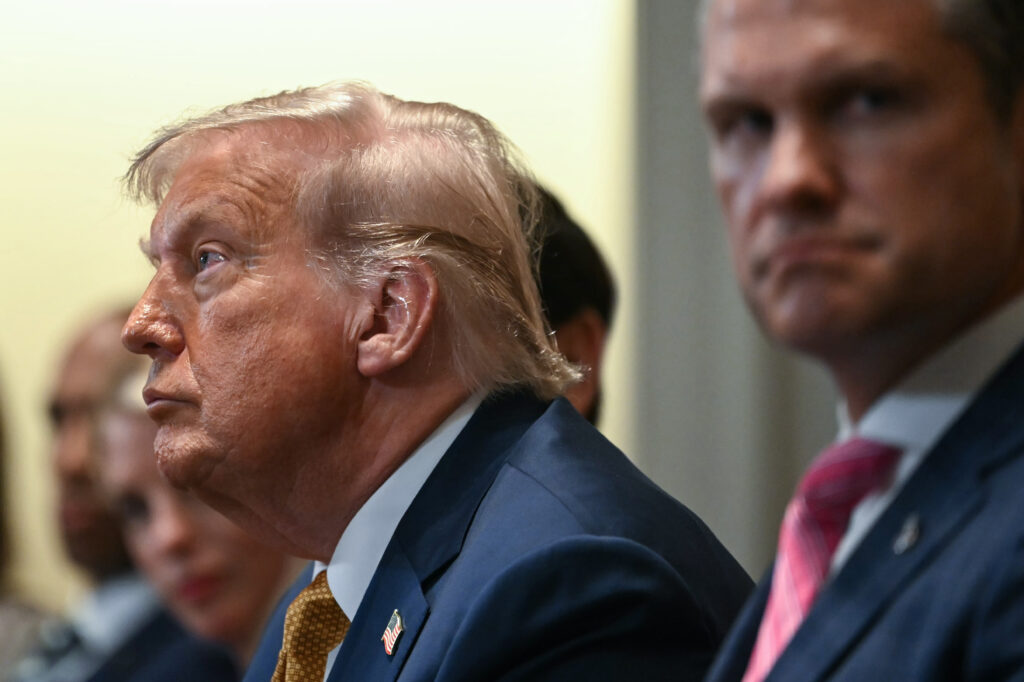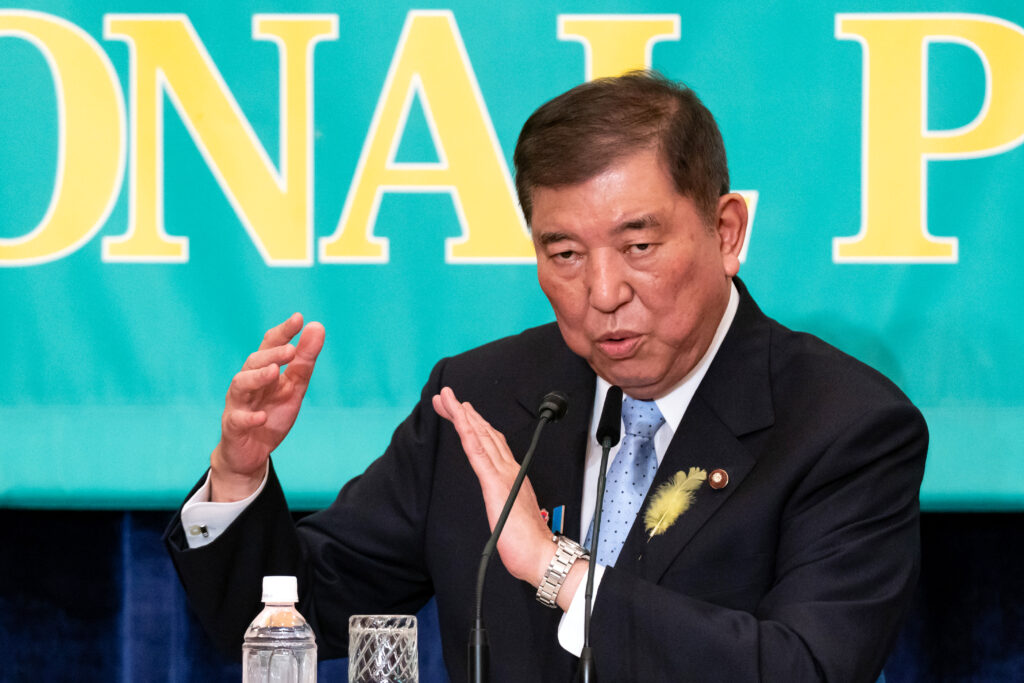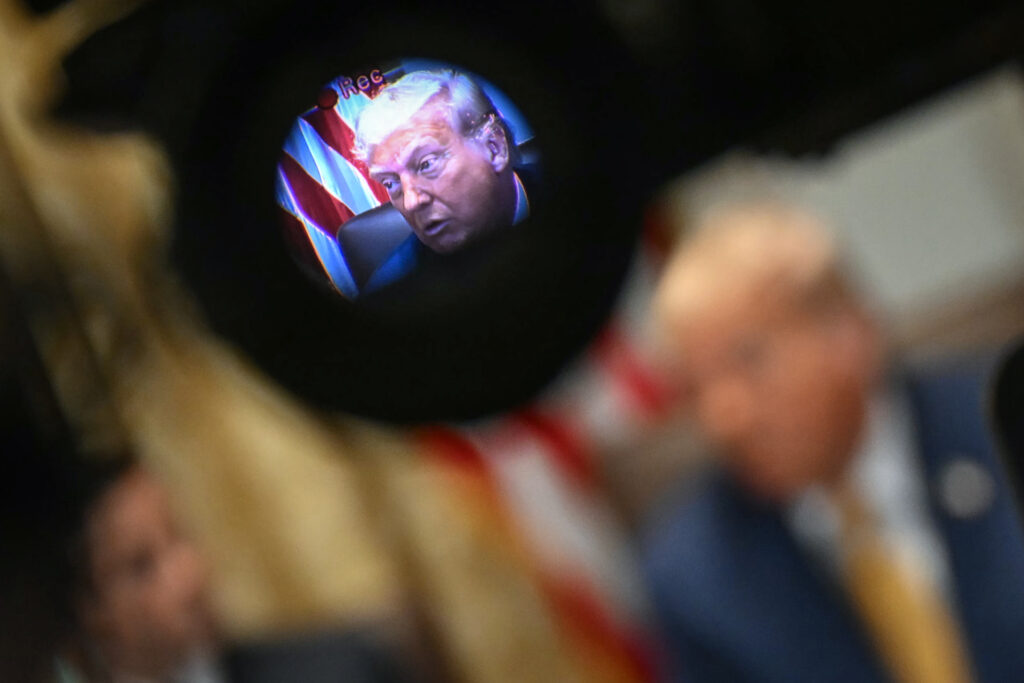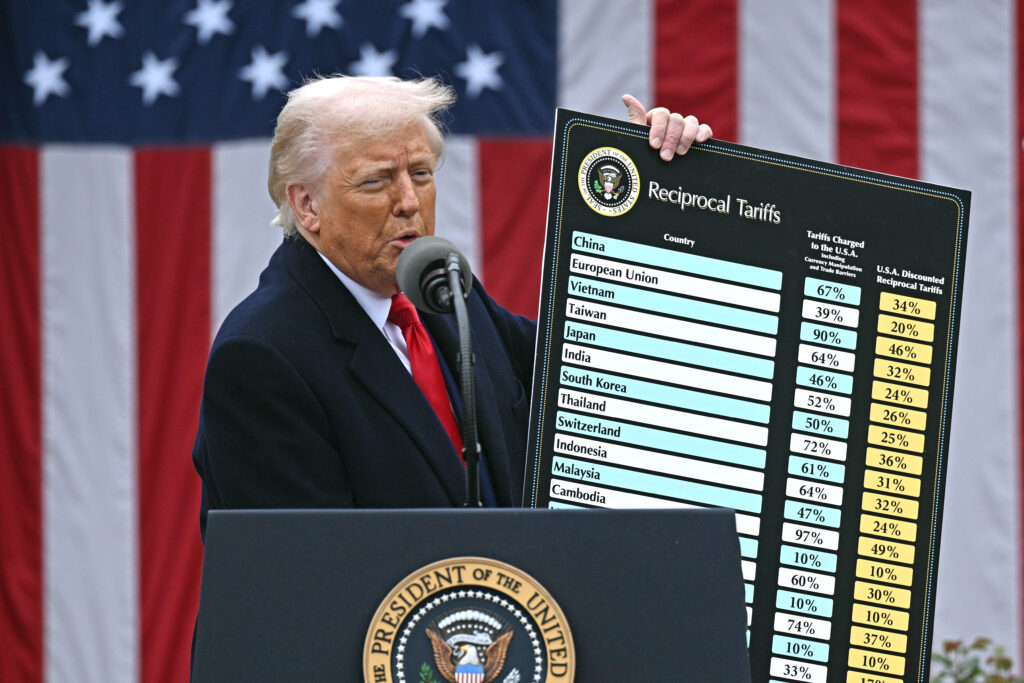Trump issues more letters to countries in push for tariff deals
US President Donald Trump released a fresh set of letters to trading partners Wednesday, setting out tariff rates for seven more countries as Washington pushes to bring about a flurry of trade deals.The letters, addressed to leaders of the Philippines, Sri Lanka, Brunei, Algeria, Libya, Iraq and Moldova, spelled out duties ranging from 20 percent to 30 percent that would take effect on August 1.Similar to Trump’s first batch of documents published Monday, the levels were not too far from those originally threatened in April, although some partners received notably lower rates this time.Sri Lanka’s updated tariff was 30 percent, down from 44 percent announced in April, while the figure for Iraq was 30 percent, down from 39 percent.The Philippines, however, saw a 20 percent levy, up from 17 percent announced previously.While the president in April imposed a 10 percent levy on almost all trading partners, he unveiled — and then withheld — higher rates for dozens of economies.The deadline for those steeper levels to take effect was meant to be Wednesday, before Trump postponed it further to August 1.Instead, countries who face the threats of elevated duties began receiving letters spelling out US tariff rates on their products.Trump said Wednesday that he decided on the levies based on “common sense” and trade deficits.He added at an event that he would release more letters later in the day — including for Brazil, which does not currently face a tariff hike come August.Trump’s latest messages were near-identical to those published earlier in the week, and justified his tariffs as a response to trade ties that he says are “far from Reciprocal.”They urged countries to manufacture products in the United States to avoid duties, while threatening further escalation if leaders retaliated.For now, over 20 countries have received Trump’s letters including key US allies Japan and South Korea, as well as Indonesia, Bangladesh and Thailand.- EU deal in ‘coming days’? -Analysts have noted that Asian countries have been a key target so far.But all eyes are on the state of negotiations with major partners who have yet to receive such letters, including the European Union.For now, the Trump administration is under pressure to unveil more trade pacts. So far, Washington has only reached agreements with Britain and Vietnam, alongside a deal to temporarily lower tit-for-tat levies with China.Trump on Tuesday said that his government was “probably two days off” from sending the EU a letter with an updated tariff rate for the bloc.”They’re very tough, but now they’re being very nice to us,” he added at a cabinet meeting.An EU spokesman said Wednesday that the bloc wants to strike a deal with the United States “in the coming days,” and has shown readiness to reach an agreement in principle.EU diplomats say the European Commission, in charge of trade policy for the 27-country bloc, could continue talks until August 1.The EU expects Trump to keep a 10 percent baseline tariff on its goods, with exemptions for critical sectors such as airplanes, spirits and cosmetics, diplomats told AFP this week.Legal challenges to Trump’s sweeping tariffs are continuing to work their way through the US court system.Apart from tariffs targeting goods from different countries, Trump has also rolled out sector-specific duties on steel, aluminum and autos since returning to the White House in January.On Tuesday, Trump said levies were incoming on copper and pharmaceuticals. The planned rate for copper is 50 percent, he added, while pharmaceutical products face a levy as high as 200 percent — but manufacturers would be given time to relocate operations.






